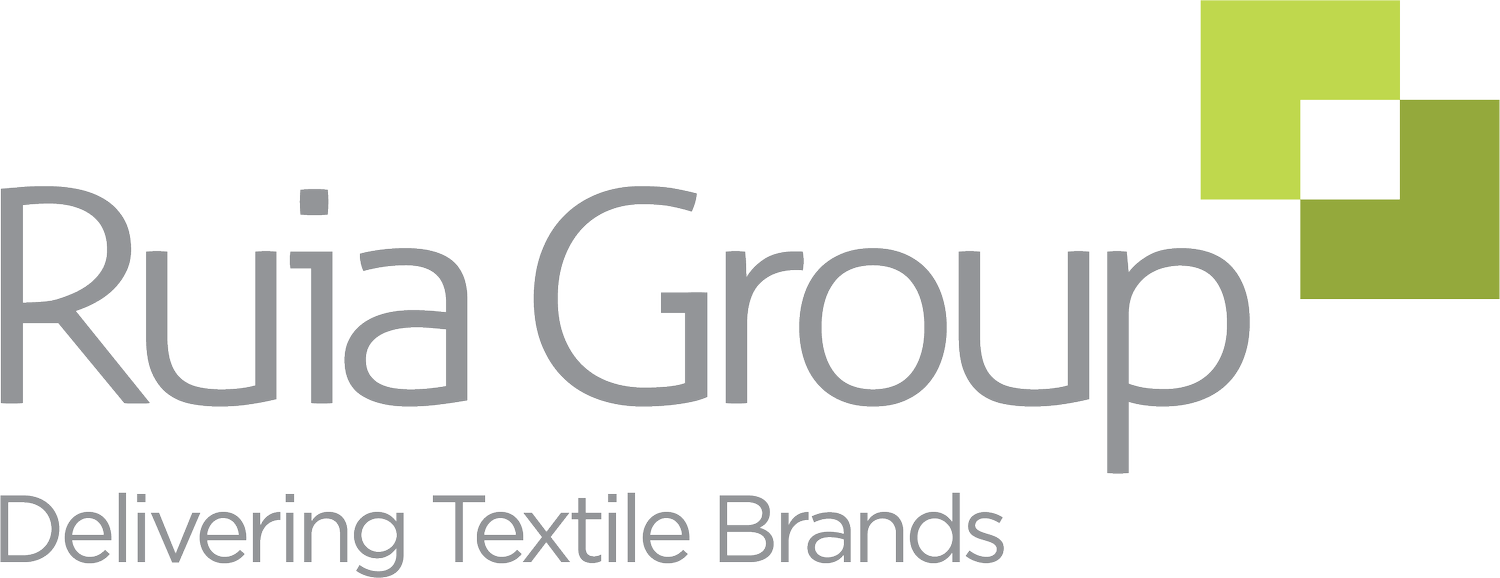Modern Slavery Statement
Ruia Group is a family run UK business, which was established in the 1950’s. Ruia Group primarily procures textile products from the Far East, Indian Sub-Continent, Middle East and Europe and distributes and supplies to customers in the UK, Europe and further afield.
Since 2009, The Ruia Group has worked to develop better labour practices within the whole of its supply chains, and a suite of policies have been created and communicated to assist Ruia Group’s business practices. This Modern Slavery Policy focuses upon the 9 key principles of the ETI Base code which include, employment being freely chosen, child labour shall not be used, and no harsh or inhumane treatment being allowed.
Ruia Group teams have been trained to raise awareness of modern slavery including aggressive buying practices that can contribute to the potential of modern slavery occurring. This training has assisted the Group’s due diligence process in making careful decisions of regions, countries, and suppliers that may be operating in areas where the potential risks of modern slavery and forced labour occurring are highest.
Key suppliers are audited by a third party; audits are conducted on a regular basis. The reports are assessed, and non-compliances are worked upon to be closed off in partnership with suppliers. Audits are monitored using the SEDEX online platform.
There are many suppliers that have traded with Ruia Group for more than 20 years and these relationships are constantly nurtured through regular visits to factories, trade exhibitions and visits by the supplier to the UK offices to meet the buying teams. The Group’s ethos has always been to have strong long-term supplier relationships which have been a key factor in the Group’s success.
Regular training takes place to ensure that good practice has been assimilated by directors, buyers, and product developers alike. Since 2011, this process has been greatly enhanced through Ruia Group’s membership of Sedex (Supplier Ethical Data Exchange). Where the company believes there may be a need for a more diligent approach dedicated resources are made available. For example, a small office has been created in Shanghai that has assisted the Group to monitor and support its’ suppliers more diligently and effectively, by breaking down language barriers in a, sometimes, challenging environment.
At Board level, ethical issues are raised and discussed at the quarterly board meetings and decisions taken at the highest level. All directors and buyers are regularly updated with information through briefings, meetings and, in certain cases, bespoke training courses.
Ruia Group participates in conferences, and seminars to keep our knowledge of the risks of Modern slavery fully updated and aligned with best practice. The group remains vigilant to the changing geo-political pressures that drives aspects such as migration, poverty and social disruption acknowledging that Modern Slavery and Forced Labour thrives within this uncertain environment.

